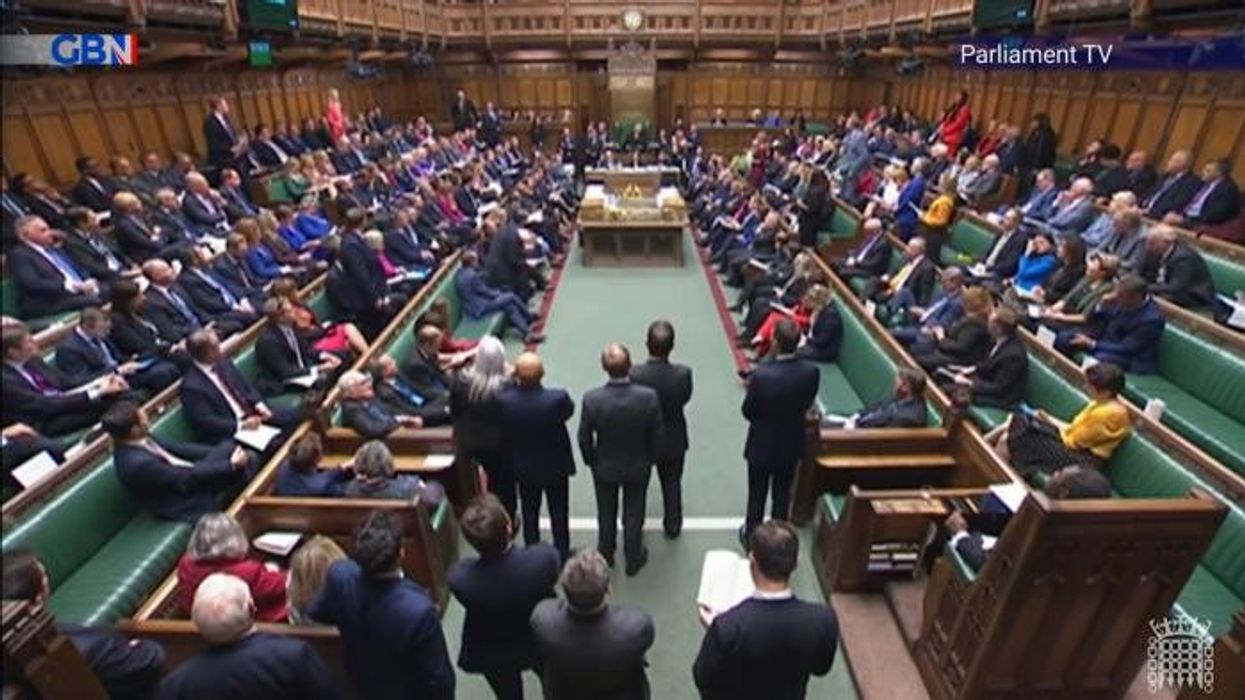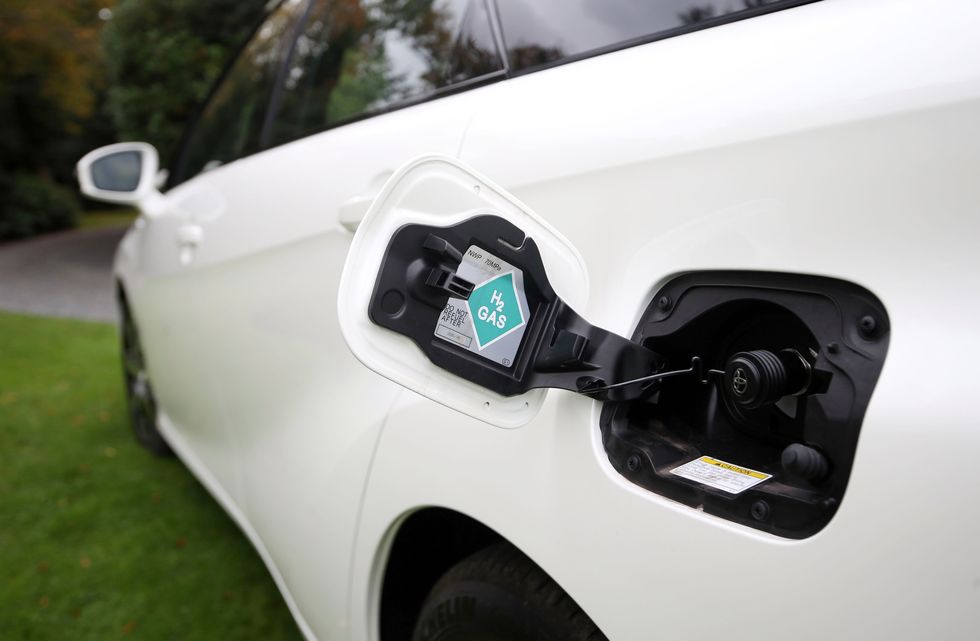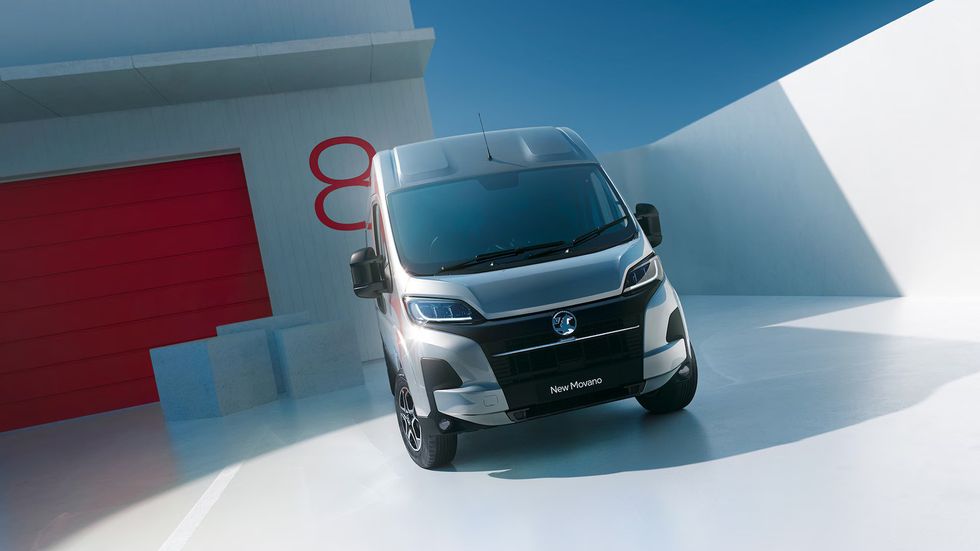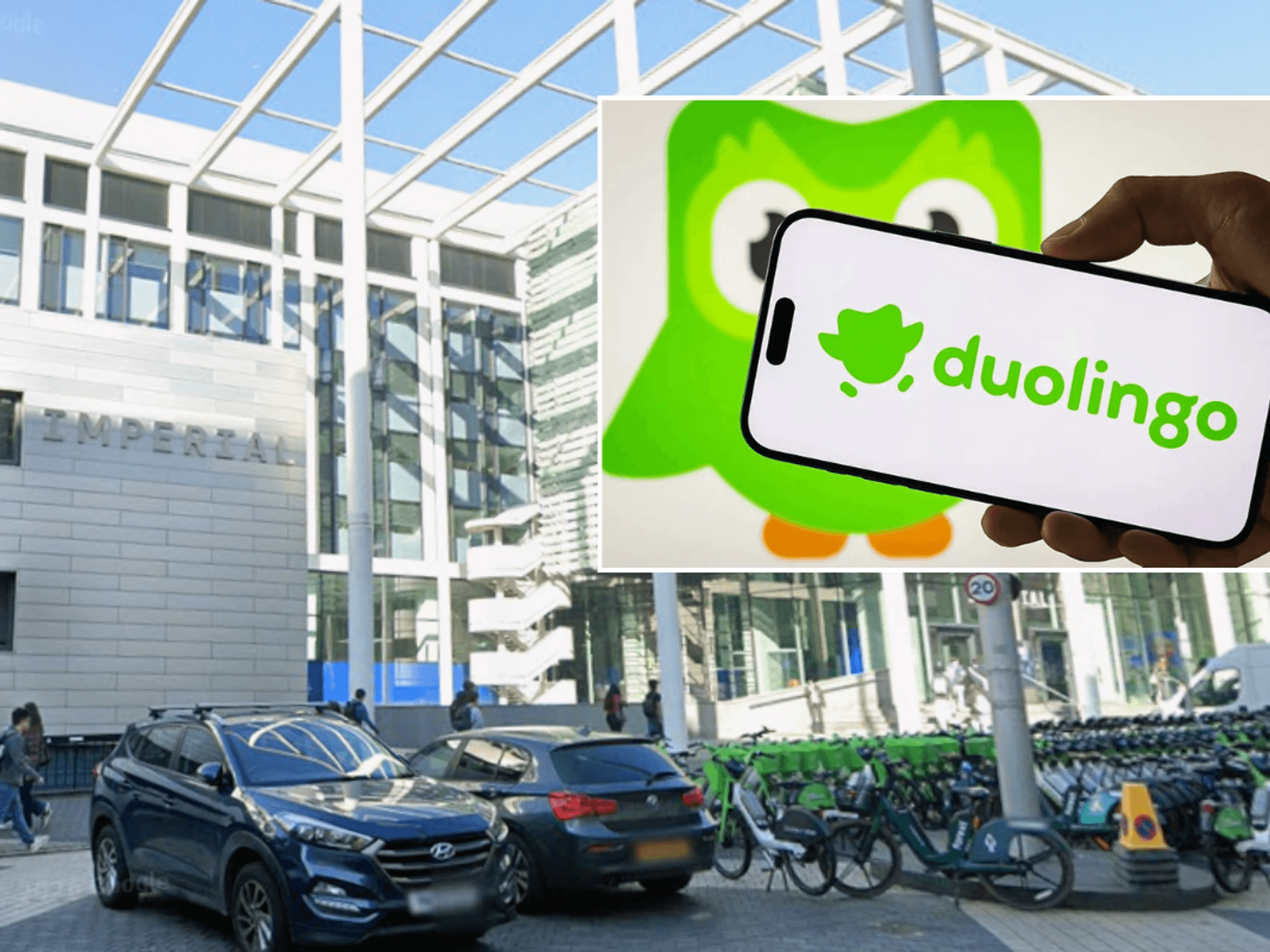Hydrogen vehicles could disappear as Stellantis ditches fuel cell models - 'Not the right time'

WATCH: Siobhan Baillie asks the Prime Minister about hydrogen vehicles during PMQs
|PARLIAMENT TV

There are believed to be a few hundred hydrogen fuel cell vehicles on the road around the UK
Don't Miss
Most Read
Latest
One of the largest automotive manufacturers in the world has announced that it will be moving away from hydrogen fuel cell powertrains in a major step change.
Stellantis said it would be ditching hydrogen technology for its light commercial vehicle fleet, despite having some fuel cell vehicles on the market.
The manufacturer said the decision was down to inadequate investment in infrastructure, as well as a lack of government support.
The automotive giant, which operates the Peugeot, Citroen, Fiat and Vauxhall brands under its Pro One van division, will no longer pursue hydrogen as a viable fuelling alternative for its commercial vehicles.
Do you have a story you'd like to share? Get in touch by emailing motoring@gbnews.uk

Stellantis said it would be moving away from investment in hydrogen
| PAFedele Ragusa, Stellantis senior product manager, told Fleet News: "It is not the right time to push hydrogen.
"There is no investment in incentives and infrastructure, so we are not pushing it commercially."
The company currently offers a hydrogen fuel cell variant of its large Movano van in the UK market, which starts from £31,215.
The hydrogen van has a range of up to 311 miles on a single charge, a three-tonne payload and towing capacity, and the ability to refuel in under five minutes.

The hydrogen fuel cell Vauxhall Movano is priced at just over £31,000
|VAUXHALL
The decision represents a significant departure from the ambitious decarbonisation goals established under former CEO Carlos Tavares, which had targeted complete zero emission operations by 2030.
Stellantis has now adopted a multi-energy approach that encompasses fully electric vehicles, traditional internal combustion engines, and intermediate solutions.
"We're not ready yet, but it's a change compared to the past," said Ragusa. "We think that hybridisation is a good option."
The company indicated that plug-in hybrid or range extender technologies would likely form part of this "something in the middle" strategy, marking a pragmatic adjustment to market realities and infrastructure limitations.
LATEST DEVELOPMENTS:
The hydrogen-powered Vivaro van, scheduled for UK launch later this year, now faces an uncertain future following this strategic reversal.
Both the Movano and Vivaro hydrogen variants are already available in left-hand drive markets.
Ragusa emphasised the company's evolving priorities: "On BEV, we have a mix of priorities: cell efficiency, lightness and energy density are priorities.
"Fast charging is important, but it's not like cars because the vans come back to compound."
The company has upgraded its electric van charging infrastructure to address fleet operational needs, implementing 22kW AC charging as standard across its commercial vehicle range.
This enhancement enables complete charging within six hours, halving the previous 11kW system's charging time and ensuring vehicles are operational for the following working day.
The improved charging capability aligns with the specifications of depot-based chargers that fleet operators are installing, recognising that commercial vehicles typically return to base rather than relying on public charging networks.










